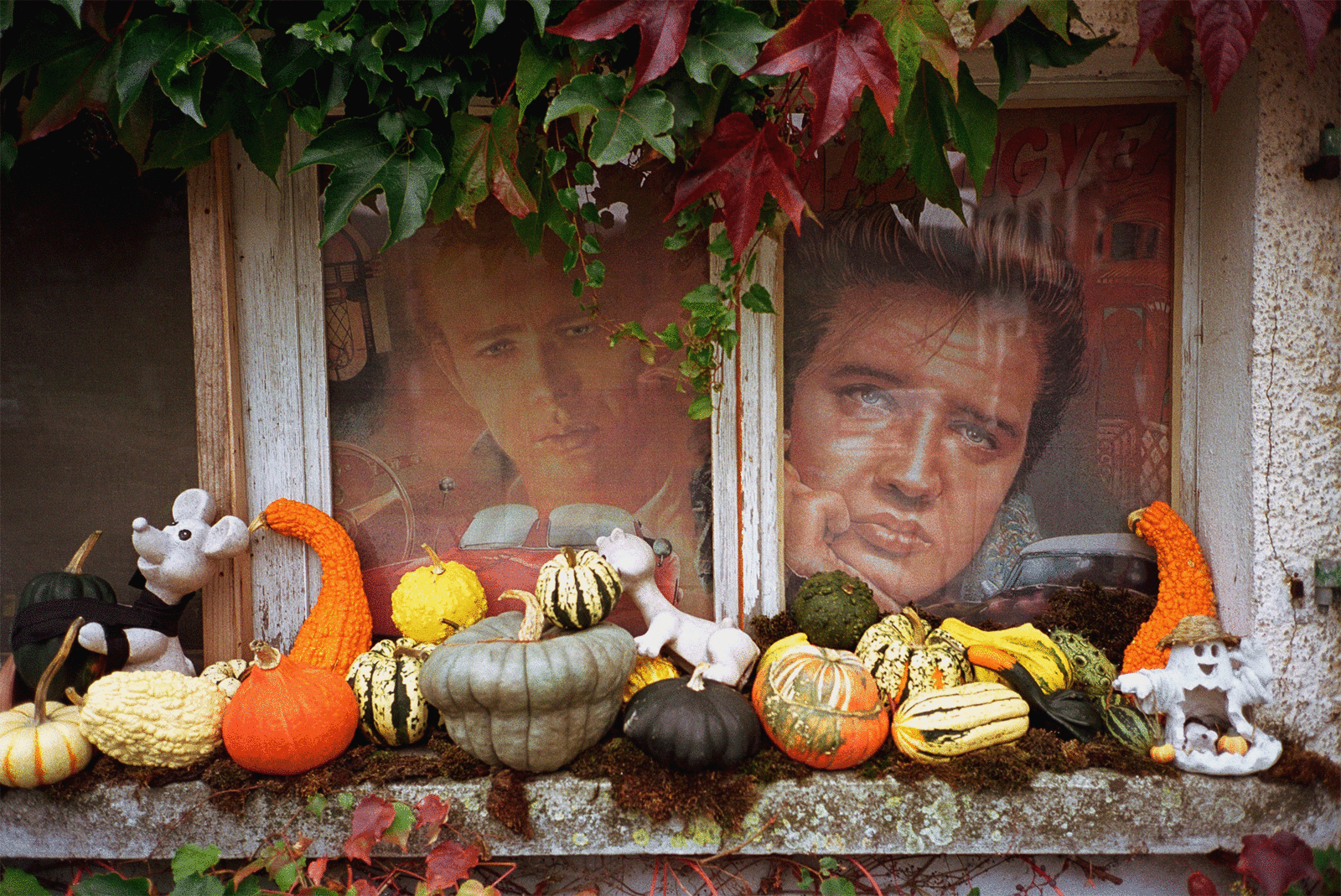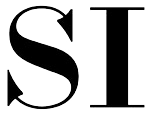Shen Xin: The Earth Turned Green
May 4–August 28, 2022
Walter Pfeiffer
Swiss Institute is pleased to present the first institutional survey of celebrated Zürich-based artist Walter Pfeiffer in the United States. The exhibition, the artist’s most wide-ranging to date, primarily consists of artwork shown publicly for the first time. Pfeiffer is recognized as a key figure of contemporary photography, having ascended to prominence within Zürich’s countercultural circles in the 1970s. Infamous at the time for his frank depictions of gay sex juxtaposed with scenes of domestic solitude and snapshots of friends, Pfeiffer explores the syntax of pictures: how acts of arrangement and modes of presentation generate moods and associations. Organized chronologically, the exhibition brings together photographs, paintings, drawings, videos and collages made by Pfeiffer over the last six decades to showcase the artist’s approach to capturing life’s pleasures, poetics and oddities in images. From still lifes to landscapes to portraits, Pfeiffer’s style oscillates between graceful naturalism and playful self-awareness.
SI gratefully acknowledges the support of Bottega Veneta as Main Partner of Walter Pfeiffer. Additional support is generously provided by Art + Commerce.
On the occasion of the exhibition, a new monograph on Pfeiffer featuring commissioned texts by Devrim Bayar, Dean Kissick, Wayne Koestenbaum, Meredith North and José B. Segebre Salazar, will be published with Lenz Press in late summer 2022.
This exhibition is organized by Simon Castets, former SI Director, and Daniel Merritt, Curator and Head of Residencies.
Walter Pfeiffer (b. 1946, Beggingen, Switzerland) is a Zurich-based artist. He has had solo exhibitions at Kunsthaus Zurich (1982); Kunsthalle Basel (1986); Centre Culturel Suisse, Paris (2004); Fotomuseum Winterthur (2009); Grand Palais, Bern (2012). Group exhibitions include Zurcher Kunstler, Kunsthaus Zurich (1973); Transformer: Askpete der Travestie, Kunstmuseum Luzern (1974); Swiss Video, Tate Modern, London (2006); Another Kind of Life: Photography on the Margins, Barbican Gallery, London (2018); amongst many others. He has produced several publications, including Welcome Aboard – Photographs 1980–2000 and most recently Bildrausch. Drawings 1966–2018, both published by Edition Patrick Frey.
Shen Xin: The Earth Turned Green
The Earth Turned Green is a solo exhibition by Shen Xin featuring a newly commissioned installation that centers restorative practices drawn from the Tibetan language through performance, land and family histories. Positioned in the center of the gallery, the titular work is a three-channel video and sound installation consisting of a film with subtitles in Tibetan and English. A projected image is visible on both sides of a floor-to-ceiling screen, dividing the room into two viewing spaces, with text projected on the ground of each side. Using stage lighting in a theater, the film depicts a day’s passing in winter, spring, summer and fall. The audio track and corresponding subtitles are reflections on the recorded imagery by Shen Xin together with their Tibetan language teacher, སྐྱིད་དར་འཛོམས། (Ji Ta Zong), who verbalize the movement of light and color through conversations in the process of teaching and learning Tibetan.
The exhibition’s title encompasses a witnessing of time passing and what happens in that transformation, a marking of seasonal space. In Tibetan, when referring to the color of earth, the word for “green” is the same as the word for the color blue. Blue is partly composed of the word སྔོན་ meaning “before,” alluding to what came prior and what has been: the sky and the earth.
This exhibition is made possible in part through the generous support of the Shen Xin Exhibition Circle and through production support from MadeIn Gallery.
This exhibition is organized by Alison Coplan, Senior Curator.
Shen Xin (b. 1990, Chengdu) graduated from Slade School of Fine Art, London, with an MFA in Fine Art Media in 2014. Shen Xin creates moving image installations and performances that empower alternative histories, relations and potentials between individuals and nation-states. They seek to create affirmative spaces of belonging that embrace polyphonic narratives and identities. Shen Xin’s most recent work, Brine Lake (A New Body), was included in Minds Rising, Spirits Tuning, Gwangju Biennale (2021), and in their first US museum solo exhibition at the Walker Art Center, Minneapolis (2021). Recent solo exhibitions, performances and screenings include Double Feature at Schirn Kunsthalle Frankfurt (2019), Synthetic Types at the Stedelijk Museum, Amsterdam (2019), Warm Spell at the Institute of Contemporary Arts, London (2018), half-sung, half-spoken at the Serpentine Galleries, London (2017), and At Home at Surplus Space, Wuhan (2016).
About Swiss Institute
Founded in 1986, Swiss Institute (SI) is an independent non-profit contemporary art institution dedicated to promoting forward-thinking and experimental art making through innovative exhibitions, education, and programs. Committed to the highest standards of curatorial and educational excellence, SI serves as a platform for emerging artists, catalyzes new perspectives on celebrated work, and fosters appreciation for under-recognized positions. SI is committed to being an organization that is diverse, equitable, and accessible in its work, structure, and programming. Open to the public free-of-charge, Swiss Institute seeks to explore how a Swiss context can be the starting point for international conversations in the fields of visual and performing arts, design, and architecture.
SI Programming is made possible in part with public funds from Pro Helvetia, Swiss Arts Council; the New York State Council on the Arts, with the support of Governor Kathy Hochul and the New York State Legislature; and the New York City Department of Cultural Affairs in partnership with the City Council. Main sponsors include LUMA Foundation, Friends of SI and the Horace W. Goldsmith Foundation. Exhibitions are made possible in part by the SI Annual Exhibition Fund with leadership support provided by the LUMA Foundation, Michael Ringier, Olivier Audemars, Philippe Bertherat, Max and Monique Burger, the Garcia Family Foundation, Florian Gutzwiller, Dominique Lévy, Susanne von Meiss, Iwan Wirth, Ghislaine Brenninkmeijer, the Kevin Wendle Foundation, and the Freedman Family Foundation. SI gratefully acknowledges Swiss Re as SI ONSITE Partner, Vitra as Design Partner, Crozier Fine Arts as Preferred Shipping Art Logistics Partner, and SWISS as Travel Partner.
Critical operating support has been provided to SI in 2020–22 as part of a collective fundraising effort. We thank the following supporters: The David Teiger Foundation, The Willem de Kooning Foundation, The Helen Frankenthaler Foundation, The Cy Twombly Foundation, The Stavros Niarchos Foundation, The Destina Foundation, Henry Luce Foundation, The Arison Arts Foundation, The Fox Aarons Foundation, The Jacques and Natasha Gelman Foundation, David Rockefeller Fund, Sotheby’s, Blavatnik Family Foundation, Robert Lehman Foundation, The Jill and Peter Kraus Foundation, The Milton and Sally Avery Arts Foundation, and The Richard Pousette-Dart Foundation.
Swiss Institute is situated in Lenapehoking, homeland of the Lenape diaspora and historically a gathering and trading place for many diverse Native peoples, who continue to live and work on this island. We respectfully acknowledge and honor all Indigenous communities—past, present, and future—for their ongoing and fundamental relationships to the region.



